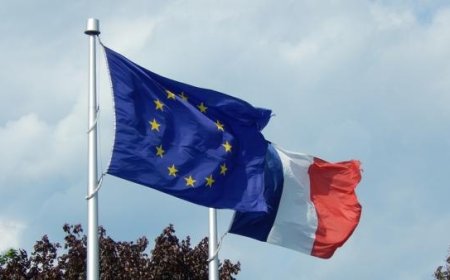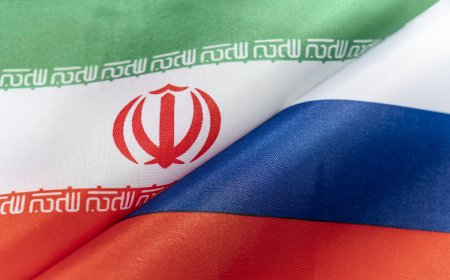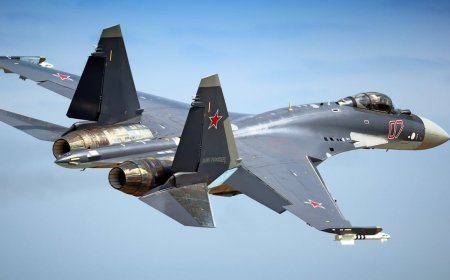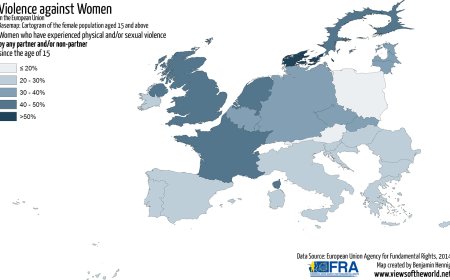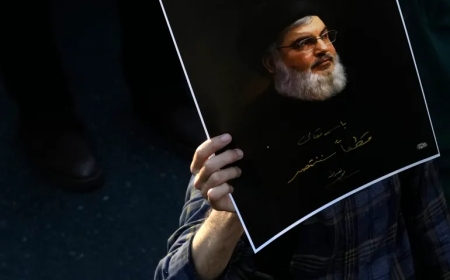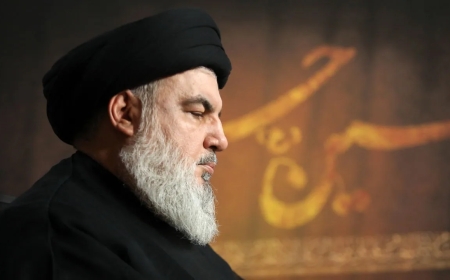UK names Jonathan Powell as National Security Adviser in view of rising world tensions.

Appointed by the Labour government as its new National Security Adviser in a reflection of the strategic interests of the UK among growing world conflicts, Jonathan Powell is Experienced diplomat and former Tony Blair chief of staff Powell is well-known for his contribution to the Northern Ireland peace process, a historic accomplishment in contemporary political history of the United Kingdom. His selection reflects a significant focus on diplomacy and negotiations in tackling national security issues.
A Profession molded by Multilateral Diplomacy
Serving as Blair's chief of staff from 1997 to 2007, Powell was crucial in enabling the peace talks that resulted in the Good Friday Agreement, therefore helping to end decades of bloody strife in Northern Ireland. His reputation as a competent mediator comes from his knowledge in handling delicate conversations and negotiating challenging geopolitical environments.
Powell's career is not without dispute, though. He participated actively in the UK's choice to join the 2003 US-led invasion of Iraq, a choice still highly contentious in British politics. Particularly in relation to the long-term effects of the war and the emergence of instability in the Middle East, his endorsement of the invasion and later participation in forming UK policy in the area has attracted strong criticism.
Work in Libya and Interaction with Extremist Organizations
Under Conservative Prime Minister David Cameron, Powell was designated as the special envoy for Libya in 2014. Aimed at promoting peace in a nation split, his mission was to mediate communication between the warring factions of the country during the civil war. Like his previous works, Powell's efforts in Libya show his conviction in communication as a means of peacemaking.
Powell has also been under fire for his public remarks supporting communication with radical organizations. At the height of the Islamic State's geographical reach in 2014, he advised the UK government to give such organizations some thought over opening lines of contact. His posture drew questions and spurred discussions on the merits of interacting with aggressive non-governmental entities.
Appreciated by some, attacked by others.
Reaction to Powell's appointment announcement has been conflicting. Many political leaders in the UK, especially those inside the Labour Party, have voiced hope that his extensive background in international diplomacy and conflict resolution will be rather helpful as Britain deals with a security scene growing more difficult. Powell's knowledge might be crucial as the UK tries to improve its ties with world allies, notably the incoming US President Donald Trump, whom some think Powell can assist to interact responsibly.
Powell's connection to the Iraq war and his divisive support of communication with radical organizations have, on the other side, generated doubts. Critics contend that his earlier choices, especially about Iraq, have permanently damaged UK foreign policy and its standing internationally. These issues are especially pertinent as the UK deals with continuous security issues including the threat of terrorism, the spread of authoritarianism in some regions of the globe, and difficult ties with hostile governments.
Endorsement of Prime Ministerialism
Publically supporting Powell's appointment, Prime Minister Keir Starmer notes his special credentials for addressing the security issues confronting the United Kingdom. In a statement, Starmer underlined Powell's experience negotiating one of the most successful peace negotiations worldwide, stressing his capacity to interact with international colleagues to defend and forward UK interests.
Powell, for his part, showed respect at being assigned the position at such a pivotal junctural point in world events. He said that national security, foreign relations, and domestic policy had grown ever more entwined and promised to help the UK to maintain its position in front of growing global pressures.
Ahead Looking Ahead
Jonathan Powell, the incoming National Security Adviser, must negotiate a challenging environment. His experience in diplomacy and conflict resolution sets him in a special position to assist negotiate the difficulties of an always changing world order. Still, his legacy—especially with relation to the Iraq war and his divisive views on communication with extremist organizations—will probably shape public impressions of his leadership in the next years.
Powell's experience will be challenged in the framework of growing international tensions, from the war in Ukraine to regional instability in the Middle East, as the UK strives to keep influence and security on the world scene. The UK's position in global geopolitics in the next years will surely be shaped by his diplomatic and security policy.



